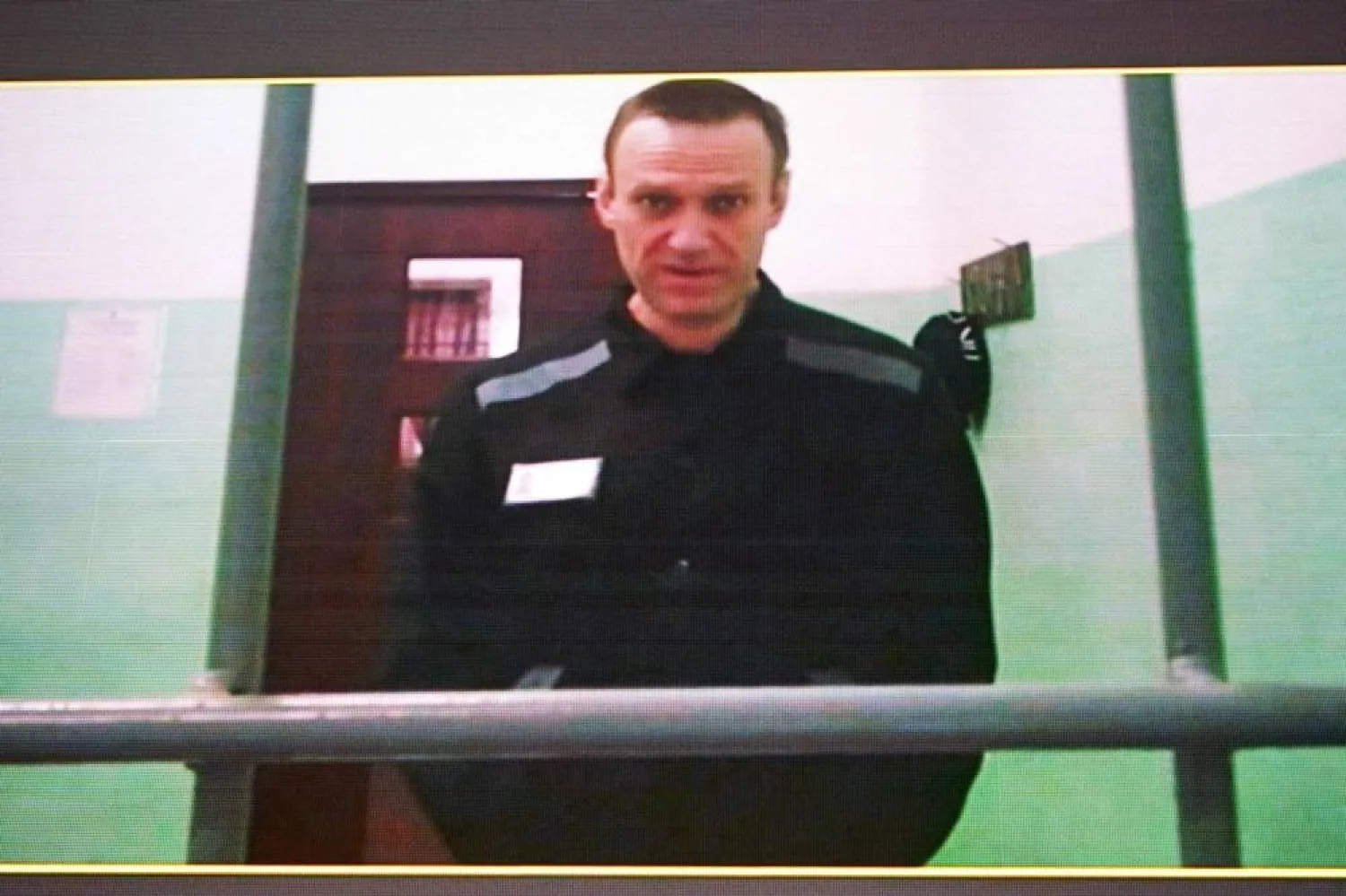Imprisoned opposition leader Alexei Navalny has been handed new charges by Russian prosecutors.
The 47-year-old is already serving more than 30 years in prison after being found guilty of crimes including extremism — charges that his supporters characterize as politically motivated. In comments passed to his associates, Navalny said he had been charged under article 214 of Russia’s penal code, which covers crimes of vandalism.
“I don’t even know whether to describe my latest news as sad, funny or absurd,” he wrote in comments on social media Friday via his team. “I have no idea what Article 214 is, and there’s nowhere to look. You’ll know before I do.”
He said that the charges were part of the Kremlin’s desire to “initiate a new criminal case against me every three months.”
“Never before has a convict in solitary confinement for more than a year had such a rich social and political life,” he joked.
Navalny is one of President Vladimir Putin’s most ardent opponents, best known for campaigning against official corruption and organizing major anti-Kremlin protests. The former lawyer was arrested in 2021, after he returned to Moscow from Germany where he had recuperated from nerve agent poisoning that he blamed on the Kremlin.
He has since been handed three prison terms and has faced months in solitary confinement after being accused of various minor infractions.
Several Navalny associates have also faced extremism-related charges after the politician’s Foundation for Fighting Corruption and a network of regional offices were outlawed as extremist groups in 2021, a move that exposed virtually anyone affiliated with them to prosecution.
Most recently, a court in the Siberian city of Tomsk jailed Ksenia Fadeyeva, who used to run Navalny’s office in Tomsk, prior to her trial on extremism charges.
Fadeyeva was initially placed under house arrest in October before later being remanded in pre-trial detention. If found guilty, she faces up to 12 years in prison.









